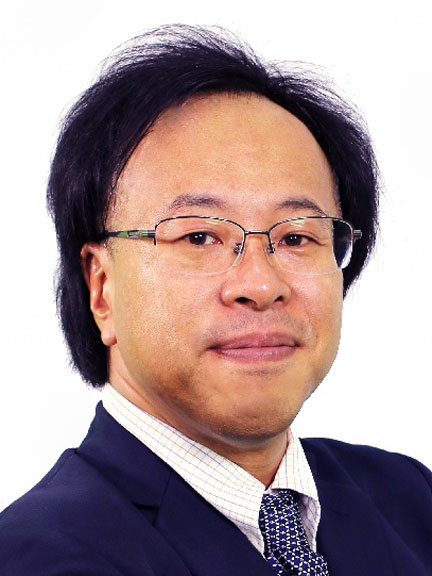Deep learning and South-East Asian Issues
Kiyota Hashimoto, D.Eng.
Prince of Songkla University, Phuket Campus, Thailand

Deep learning, or deep neural network, is growing popular in South-East Asia, partly because of the difficulties of native language processing. In this talk, I will talk about the current research situation concerning deep learning in Thailand and other South-East Asian countries, and introduce some of our research attempts on Thai, Burmese, and other language processing. Most South-East Asian languages are categorized as less resourced languages, and thus our projects do not assume typical tools that are ready to use in other languages like English and Japanese. Finally, I will conclude the talk with some discussion on prospective research collaborations with Japan.
Biography
Kiyota Hashimoto, D.Eng., works at Faculty of Technology and Environment, Prince of Songkla University Phuket Campus, Thailand. He obtained his B.A. and M.A. from Kyoto University, Japan, and Doctor of Engineering from Nara Institute of Science and Technology, Japan. After 20 yearsf research and education at Japanese universities including Osaka Prefecture University as a full professor, he moved to Thailand in 2015. His research interest includes natural language processing, text mining, machine learning, artificial intelligence in general, e-learning, and more. He published 100+ papers at international journals and conferences. He also contributes as associate editor for some international journals, as chair for many international conferences, and as committee member for Thai, Japanese, Indonesian academic associations.